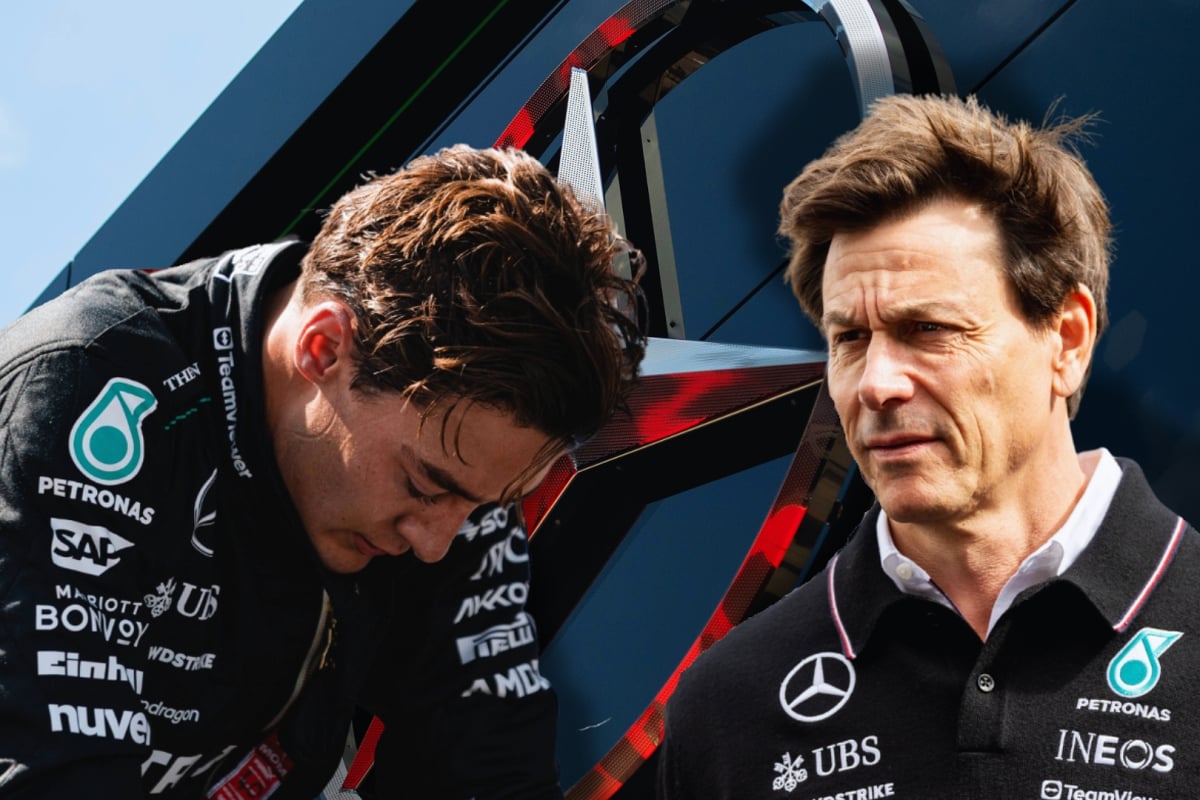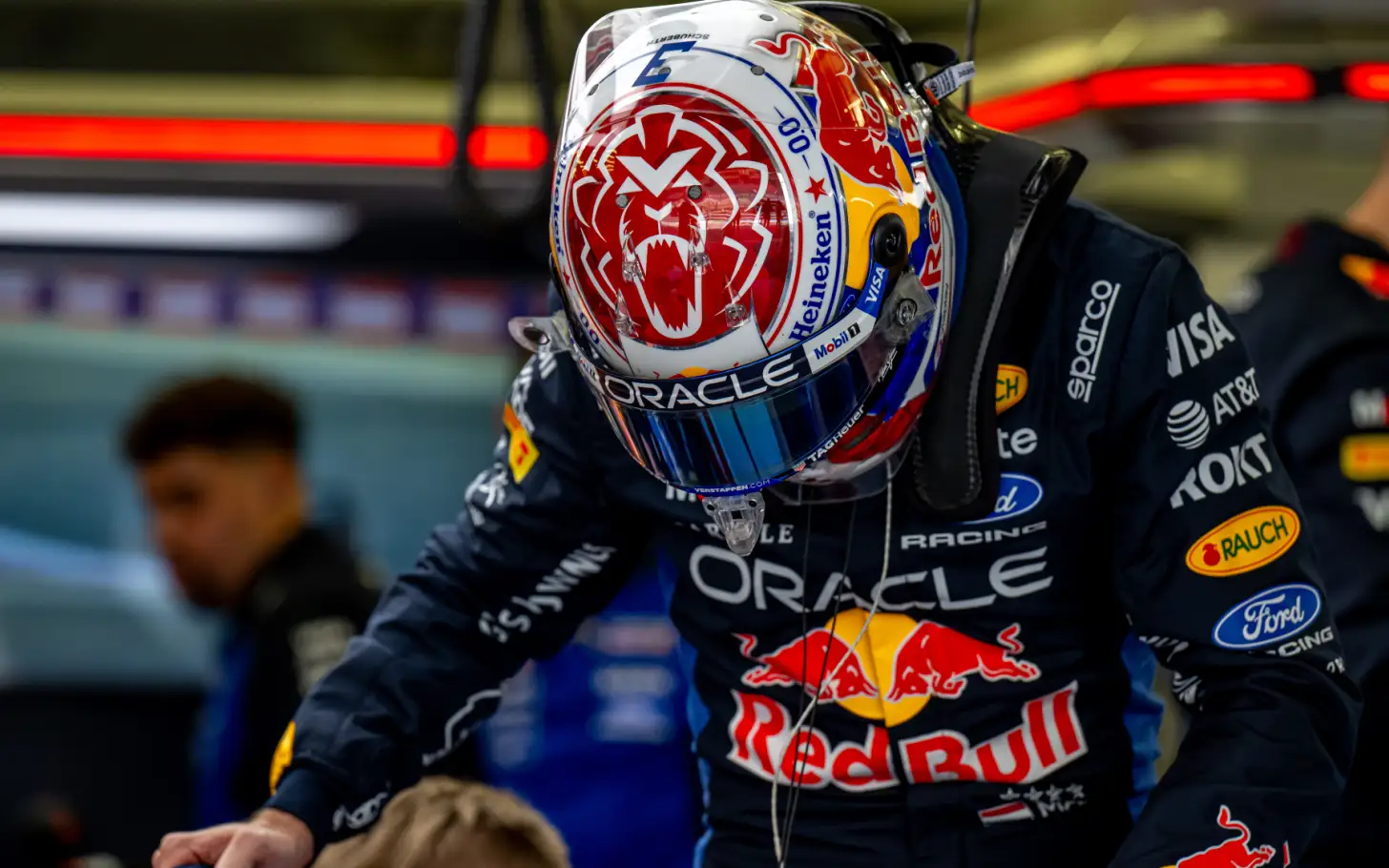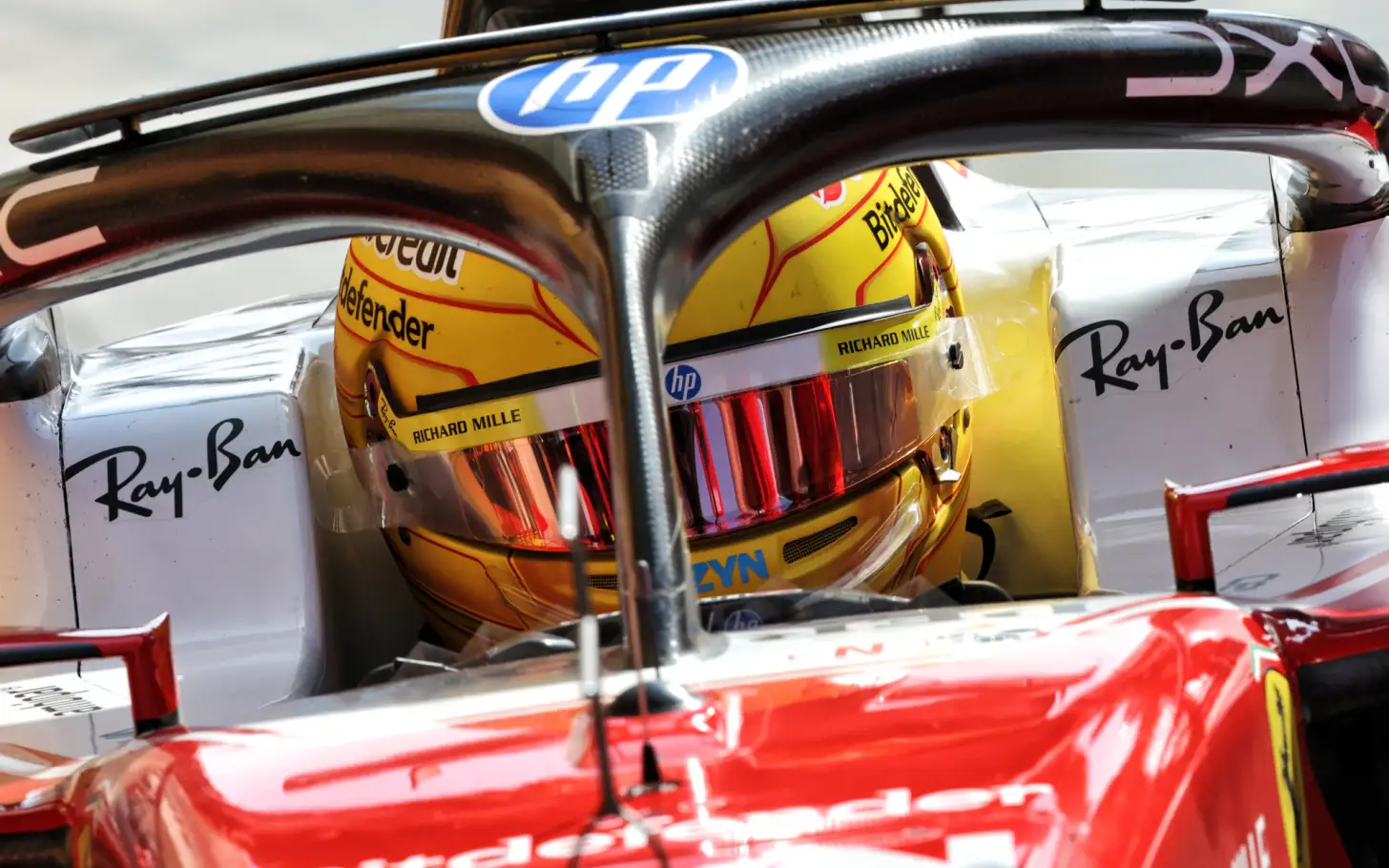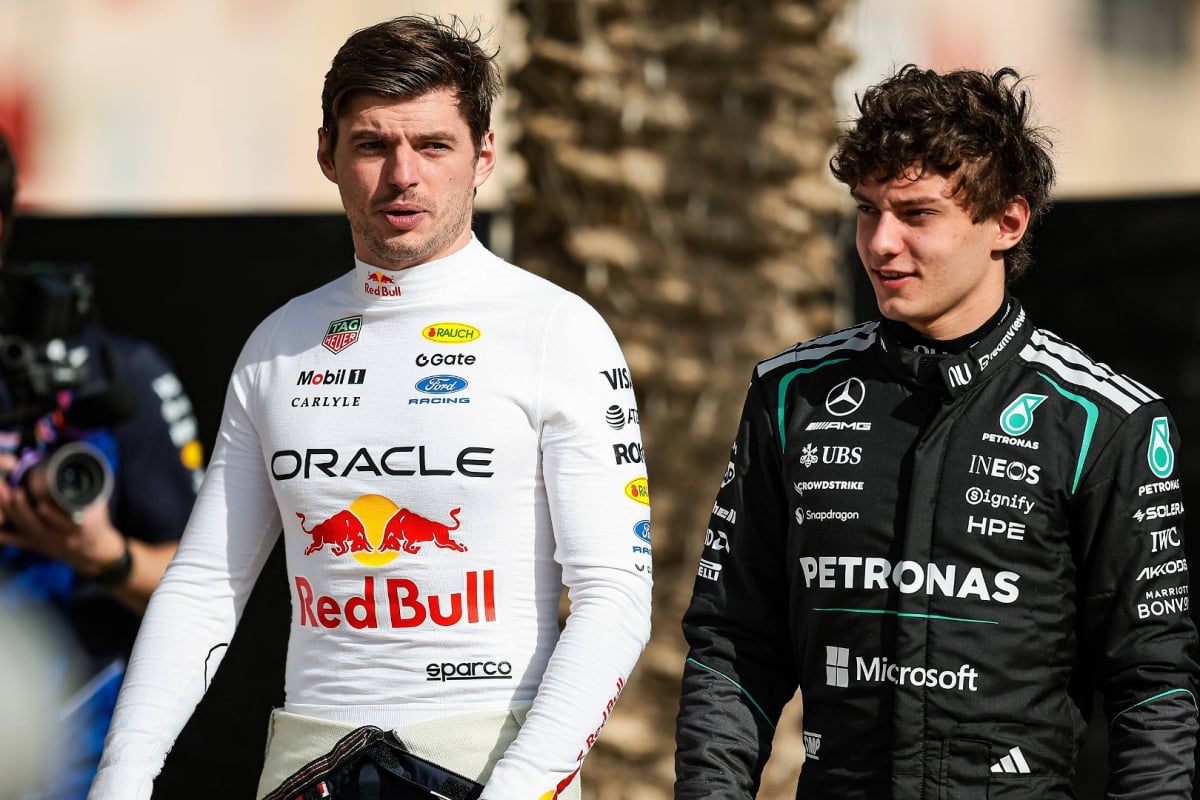FIA Issues Verdict on Max Verstappen’s Miami GP Sprint Qualifying Incident; Red Bull Reprimanded
Max Verstappen has escaped a penalty following an investigation by the FIA stewards into an incident that took place during Sprint Qualifying at the 2025 Miami Grand Prix. The reigning world champion was summoned for allegedly breaching race regulations during the second phase of sprint qualifying (SQ2), where he was found to have driven significantly slower than the mandated minimum lap time.
Earlier in the qualifying session, Verstappen had already drawn attention after a run-in with Lando Norris in SQ1. The McLaren driver voiced his frustration over team radio, claiming he had been impeded by Verstappen on his flying lap. While the incident sparked brief controversy, it turned out that the stewards’ investigation centered on a different matter—Verstappen’s behavior in SQ2, where the alleged rule breach took place.
According to the FIA’s official notice, Verstappen and a Red Bull Racing team representative were called to appear before the stewards over a suspected violation of Article 33.4 of the Formula One Sporting Regulations and Article 12.2.1 (i) of the International Sporting Code. Article 33.4 specifically prohibits a driver from traveling unnecessarily slowly in a manner that could be considered dangerous or disruptive to other competitors.
This was not the first time Verstappen faced scrutiny under this rule. At the 2024 Qatar Grand Prix, he was penalized with a one-place grid drop for driving excessively slowly in front of Mercedes’ George Russell during qualifying. However, that previous incident was considered less serious as neither driver was on a fast lap. Had they been, the stewards would likely have imposed a harsher penalty—potentially up to a three-place grid drop.
In the Miami case, the FIA’s investigation focused on Verstappen’s lap during SQ2, where data showed he completed one lap more than six seconds slower than the minimum allowed time between Safety Car Lines 1 and 2. However, upon reviewing telemetry, timing, onboard footage, and listening to both the driver and the team, the stewards opted against penalizing Verstappen.
In their official statement, the FIA explained that Verstappen maintained a constant speed throughout the lap in question, with no other cars nearby. Red Bull informed the stewards that a software error in the car’s display system caused a six-second offset in the delta time shown to Verstappen. As a result, the Dutch driver believed he was meeting the required lap time when in reality, he was significantly over.
Once Red Bull discovered the issue at the end of that cool-down lap, they immediately instructed Verstappen to adjust his speed, advising him to stay at least six seconds below the delta time displayed in the cockpit. From that point onward, Verstappen complied fully, and this was corroborated by the car’s telemetry data for the remaining laps of the session.
The stewards determined that although a breach of the regulation did occur, Verstappen did not drive unnecessarily slowly on purpose, nor did he endanger other drivers or interfere with their qualifying laps. Therefore, they concluded that a sporting penalty was not appropriate in this case.
However, the stewards did hold Red Bull responsible for the timing issue. While Verstappen was operating based on faulty information, it remained the team’s duty to ensure the accuracy of data provided to the driver. As a result, Red Bull Racing received an official reprimand for the incident. The statement also emphasized that in different circumstances—such as if another driver had been impeded or if the mistake had not been identified so quickly—the consequences could have been more severe.
“The stewards acknowledge that, whilst there has been a breach of the regulations, the driver did not act in a manner that was unnecessarily slow or dangerous based on the information he had,” the statement read. “Therefore, no penalty is warranted for the driver. However, the team is issued a reprimand as they are responsible for ensuring correct timing data is displayed in the car.”
This verdict will come as a relief to Red Bull and Verstappen, who continue to lead the championship. Nevertheless, the case serves as a warning to all teams about the importance of precision in technical systems, especially in high-stakes qualifying sessions where even minor errors can lead to significant consequences.



